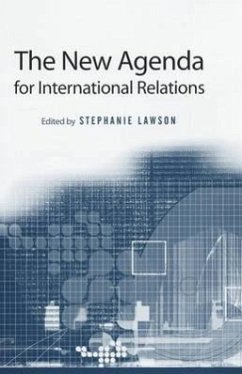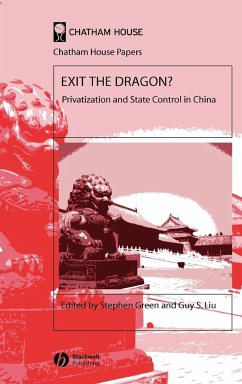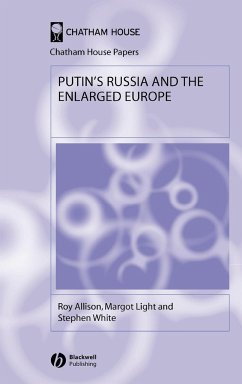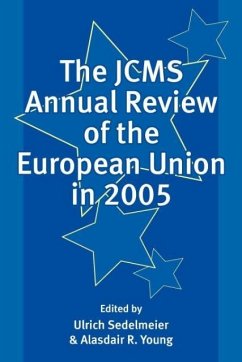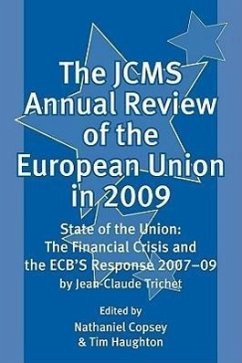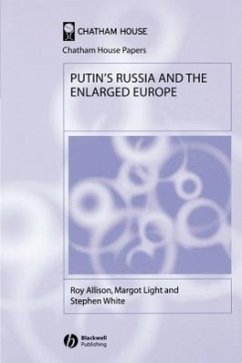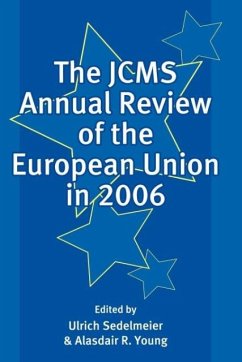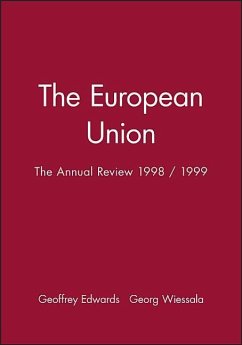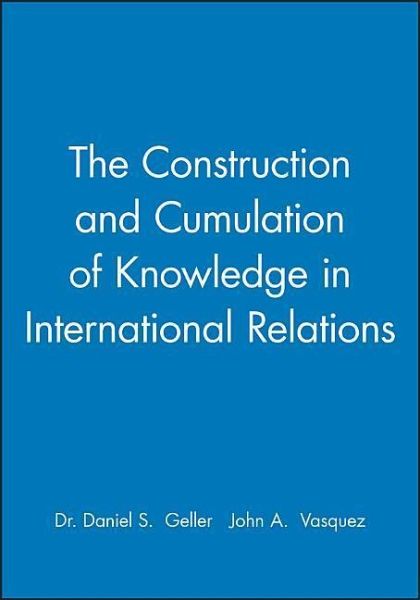
The Construction and Cumulation of Knowledge in International Relations
Versandkostenfrei!
Versandfertig in über 4 Wochen
53,99 €
inkl. MwSt.

PAYBACK Punkte
27 °P sammeln!
Within international relations inquiry today there is a debate over both the substance and nature of knowledge. Can there be a "cumulation" of objective knowledge as in the physical and biological sciences or are the social sciences better seen as "constructing" reality through dominant concepts and theories? This volume brings together works of those who defend the quest for objective knowledge and its achievements and those who dissent from the way knowledge has been conceived in the modern era. The Construction and Cumulation of Knowledge in International Relations engages this issue from a...
Within international relations inquiry today there is a debate over both the substance and nature of knowledge. Can there be a "cumulation" of objective knowledge as in the physical and biological sciences or are the social sciences better seen as "constructing" reality through dominant concepts and theories? This volume brings together works of those who defend the quest for objective knowledge and its achievements and those who dissent from the way knowledge has been conceived in the modern era. The Construction and Cumulation of Knowledge in International Relations engages this issue from a variety of perspectives -- constructivism, feminist theory, empirical science, and computer simulation -- with a focus on the subject of global conflict and peace. The volume begins with a discussion of the contending views of how knowledge is developed within the field, reviews the cumulation of knowledge within various subfields, and concludes with contributions that use social science knowledge to address important policy questions.



